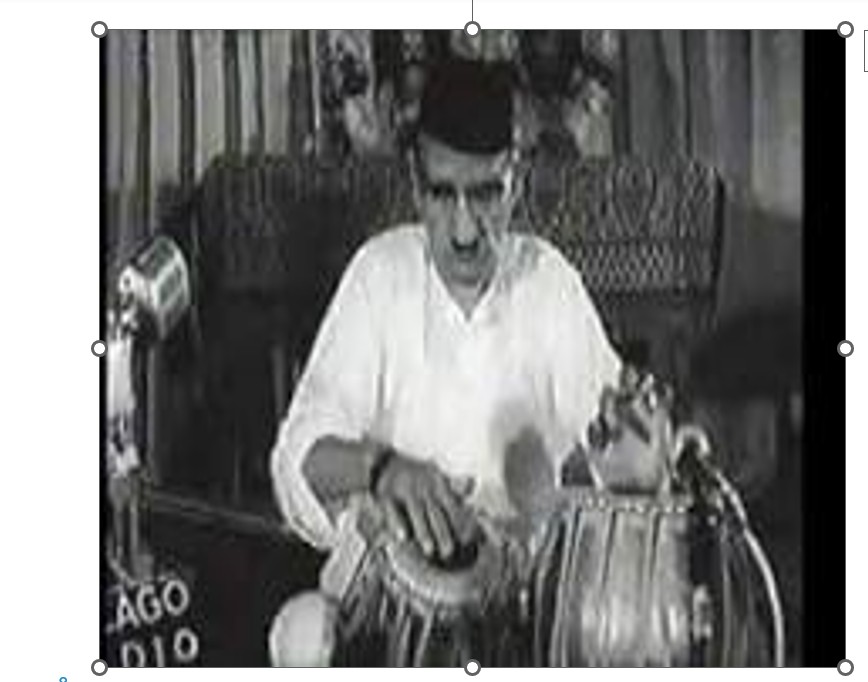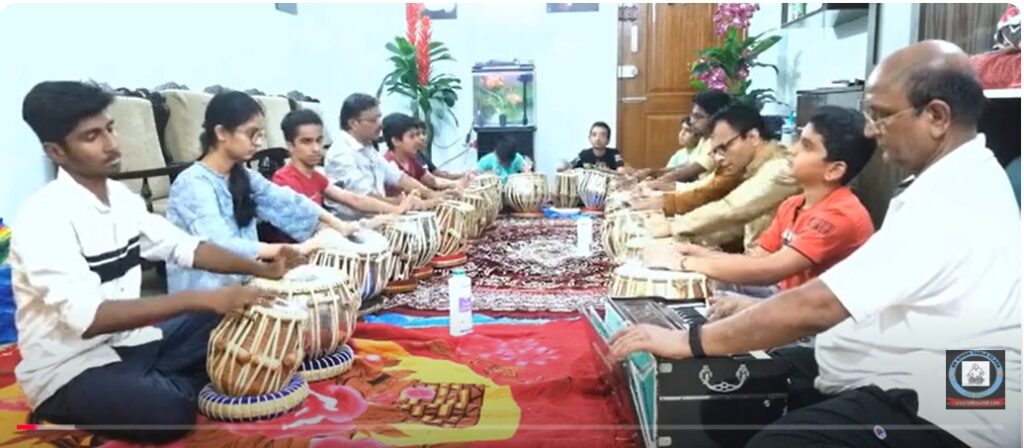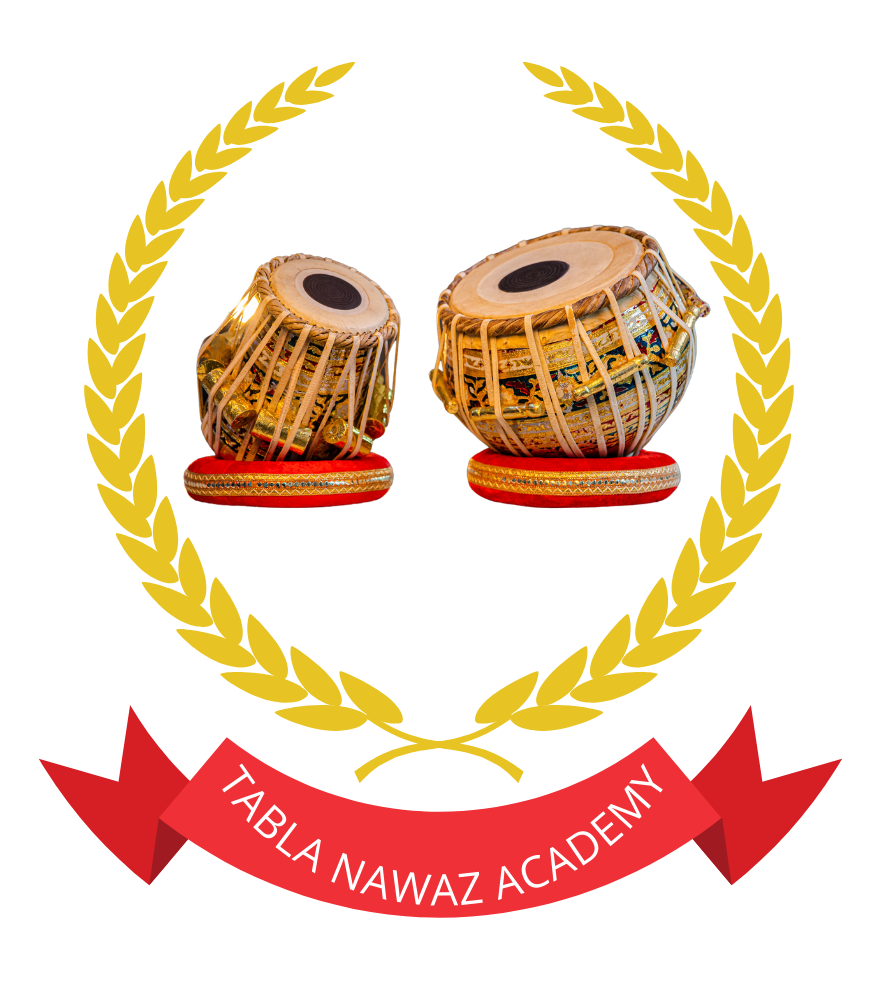,Padma Bhushan Ustad Ahmed Jan Thirakwa: The Legendary Tabla MaestroThe Rhythm Eternal: Padma Bhushan Ustad Ahmed Jan Thirakwa’s Legacy”The Tabla Maestro Who Redefined Percussion: Ustad Ahmed Jan Thirakwa””Unmatched Grace: The Life and Art of Padma Bhushan Ustad Ahmed Jan Thirakwa””The Soul of Tabla: Ustad Ahmed Jan Thirakwa’s Timeless Influence””Rhythmic Legend: Celebrating Ustad Ahmed Jan Thirakwa’s Contributions to Indian Classical Music””A Maestro’s Shadows: Has Ustad Ahmed Jan Thirakwa Been Forgotten?””The Neglect of a Legend: Why Ustad Ahmed Jan Thirakwa Deserves More Recognition””Echoes of Silence: The Undervalued Genius of Ustad Ahmed Jan Thirakwa””Why Are Today’s Generations Unaware of Ustad Ahmed Jan Thirakwa’s Greatness?””Overshadowed Legacy: The Hidden Struggles of Ustad Ahmed Jan Thirakwa’s Fame”
Ustad Ahmed Jan Thirakwa: The Maestro Who Redefined Tabla
In the world of Indian classical music, certain names become synonymous with genius, and Ustad Ahmed Jan Thirakwa is one such legend. A true trailblazer, he revolutionized tabla playing with his impeccable technique, unparalleled creativity, and unmatched dedication to the craft. Awarded the Padma Bhushan in 1970, Ustad Thirakwa remains an enduring inspiration for tabla players and Indian music enthusiasts worldwide. This blog delves into the life, artistry, and legacy of this iconic maestro.
The Early Life of a Legend
Born in 1891 in Moradabad, Uttar Pradesh, Ustad Ahmed Jan Thirakwa’s musical journey began at a young age. Originally named Ahmed Khan, his penchant for rhythm set him apart early on. He trained under Ustad Munir Khan, a celebrated pakhawaj and tabla player from the Farukhabad gharana. Under Munir Khan’s guidance, Thirakwa honed his craft with relentless discipline and focus.
The name “Thirakwa” (meaning “shimmering” or “sparkling”) was given to him for his dazzling ability to play intricate compositions with extraordinary clarity and brilliance. This nickname would later become synonymous with his artistry.
A Career That Shaped the Tabla Tradition
Ustad Thirakwa’s career spanned decades, during which he elevated tabla from being an accompaniment instrument to a solo performance art form. He mastered a wide range of gharanas (schools of tabla), including Farukhabad, Delhi, Ajrada, and Lucknow, blending their unique styles into his playing.
Thirakwa’s performances were marked by precision, lyrical beauty, and a deeply meditative quality. His repertoire included intricate kaidas, relas, parans, tukras, and gats, all executed with breathtaking clarity. Audiences would sit spellbound as he wove complex rhythmic patterns into captivating musical stories.
Collaborations with Legends
Thirakwa performed alongside iconic musicians, including Pandit Omkarnath Thakur, Ustad Bade Ghulam Ali Khan, and Ustad Allauddin Khan, gaining immense respect for his ability to complement vocal and instrumental music with his nuanced tabla. His musical sensitivity ensured that he was not just an accompanist but an equal contributor to the performance’s overall magic.
Technical Brilliance
What set Ustad Thirakwa apart was his exceptional command of tone, clarity, and balance. His playing exemplified the perfect union of technique and emotion. He was renowned for the beauty of his bols (syllables), which he could render with pristine precision even at lightning-fast tempos.
Signature Features
- Tihai Mastery: Thirakwa’s tihais (rhythmic patterns repeated three times to end on the sam) were celebrated for their intricate mathematical brilliance.
- Resonance and Control: His ability to produce resonant, melodic strokes on both the Dayan (right-hand drum) and Bayan (left-hand drum) was unmatched.
- Improvisation: While rooted in tradition, he brought fresh creativity to his solos, making every performance unique.
Legacy and Influence
Over his lifetime, Ustad Thirakwa not only performed extensively but also nurtured the next generation of tabla players. He served as a mentor at the Bhatkhande Music Institute in Lucknow, where his teaching shaped many future maestros. His disciples include prominent names like Pandit Nikhil Ghosh and Pandit Kanai Dutta, who carried his legacy forward.
Thirakwa’s influence also extended beyond the classical stage. His dedication to the tabla inspired its integration into various musical genres, making it a global phenomenon. Today, his recordings remain a treasure trove for students and aficionados alike.
Awards and Recognition
For his invaluable contribution to Indian music, Ustad Thirakwa was awarded the Padma Bhushan in 1970, one of the highest civilian honors in India. This recognition was a testament to his lifelong commitment to enriching Indian classical music and elevating the tabla to new heights.
Remembering the Maestro
Ustad Ahmed Jan Thirakwa passed away in 1976, leaving behind an indelible legacy. Even decades after his death, his artistry continues to inspire and set benchmarks for tabla players. Aspiring musicians still study his compositions and emulate his playing style, hoping to capture a fraction of his brilliance.
Conclusion
Ustad Ahmed Jan Thirakwa’s contribution to Indian classical music is immeasurable. By transforming the tabla into a solo instrument of exceptional depth and complexity, he paved the way for future generations to explore its limitless possibilities. As we celebrate his life and work, we are reminded of his timeless message: music is not just an art but a profound expression of the human spirit.
If you’re curious to experience his genius, explore his recordings or study his compositions—they are a masterclass in rhythm, creativity, and passion. Let’s honor his legacy by keeping the tabla’s magic alive!
- Tihai Mastery: Thirakwa’s tihais (rhythmic patterns repeated three times to end on the sam) were celebrated for their intricate mathematical brilliance.
- Resonance and Control: His ability to produce resonant, melodic strokes on both the Dayan (right-hand drum) and Bayan (left-hand drum) was unmatched.
- Improvisation: While rooted in tradition, he brought fresh creativity to his solos, making every performance unique.
https://www.youtube.com/@BhagawanSingh



